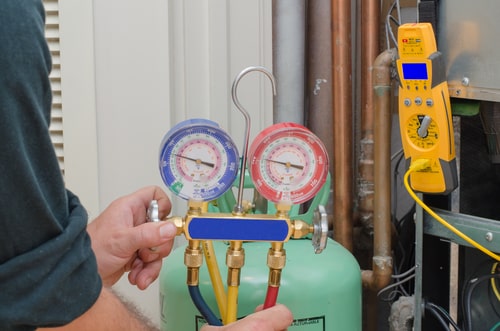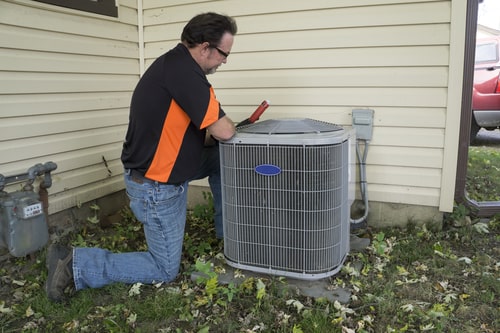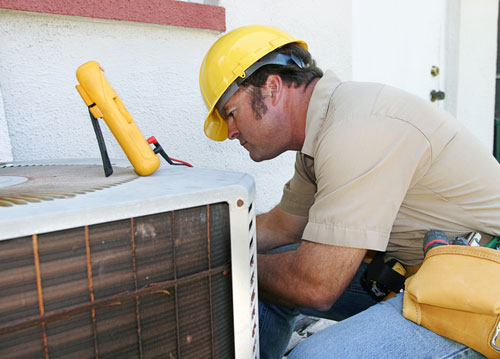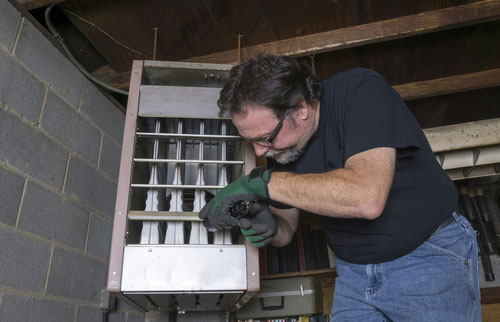Keeping your HVAC system well-maintained is more important than keeping yourself cool: if not managed correctly, an HVAC system can be a dangerous fire hazard. Regular maintenance is crucial. Keep these tips in mind to prevent problems.
Tips to prevent HVAC fire hazards:
- Schedule maintenance
Regular maintenance by trained professionals can catch problems with your HVAC early. Duct cleaning alerts you to faulty parts that could cause a fire. Replacing worn-out parts maintains efficiency and keeps your system from overheating.
- Look for gas and electrical problems
Loose wiring and gas leaks in your HVAC unit present fire hazards. Worn wires are more likely to cause overheating; signs of wear include smoke or a burning smell. Poorly fitted gas connections can result in gas leaking from the unit, making fires more likely and negatively affecting your indoor air quality.
- Clean the ducts
Dirt in the HVAC leads to buildup in the vents and coils, obstructing airflow and straining the system. If this causes your HVAC to overheat, a fire can ignite and spread through the ventilation system. Prevent this risk by cleaning filters regularly and replacing them when they become worn.
- Install fire dampers
Fire dampers are heat-activated traps that lock down your ducts at the first sign of fire. If a fire breaks out, it can spread through the ducts very quickly, but a fire damper can keep the blaze contained for up to three hours. This is ample time to evacuate and call the authorities. Many modern buildings have fire dampers, so ask technicians whether your system has them or if you should get them installed.
- Unclutter the furnace
HVAC units can become very hot, and nearby flammable objects are at risk of combusting. These items include boxes, cleaning supplies, and crates. To avoid fires, don’t store anything within one meter of your HVAC unit.
- Watch for carbon monoxide
Carbon monoxide is dangerous to breathe; it is also highly flammable. Keep your HVAC ventilated to prevent carbon monoxide buildup. Install a carbon monoxide detector near the HVAC; in case of buildup, an alarm will give you early warning. Also ensure the HVAC’s heat exchanger is not cracked, or carbon monoxide can leak into the area.
HVAC systems can trigger fires, but with care and monitoring, you can greatly reduce risk. Keep your system well-maintained to avoid mechanical failures that could cause overheating or combustion.
If you need HVAC maintenance and cleaning, give Dr. Duct a call. We provide first-class service for both commercial and residential clients. Contact us today at (613) 845-0707 for a free estimate.




